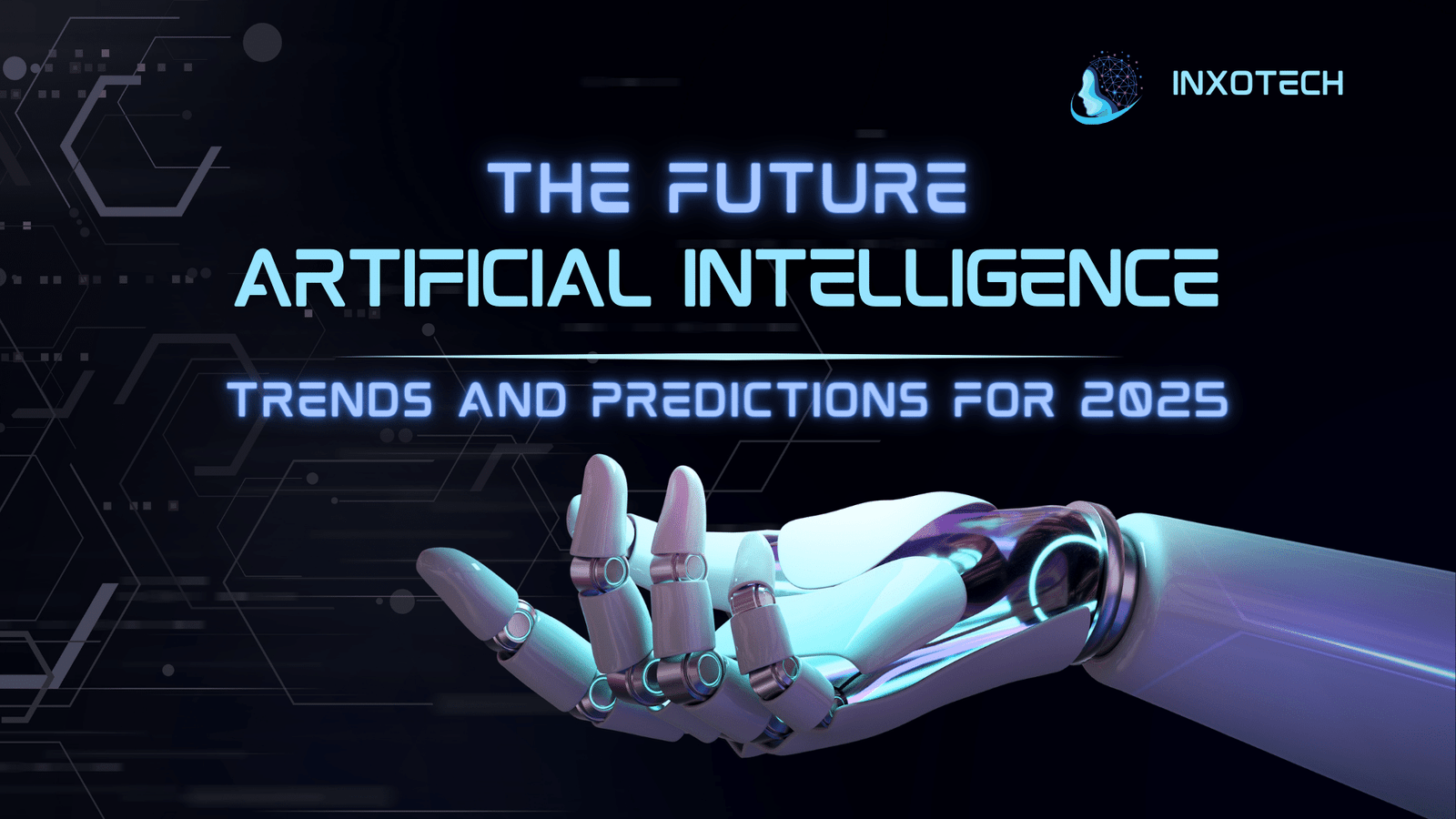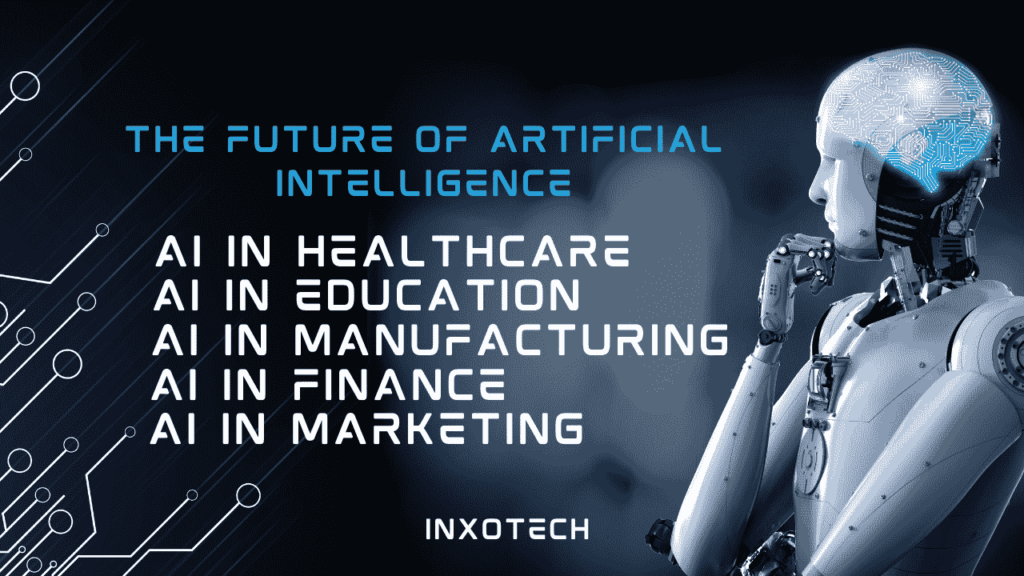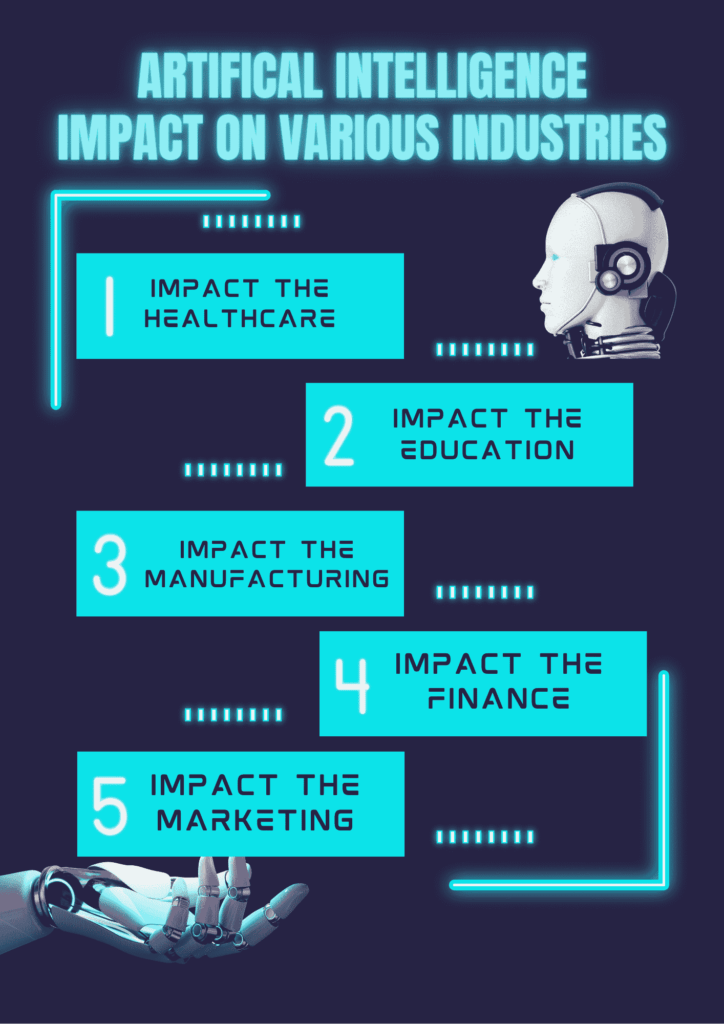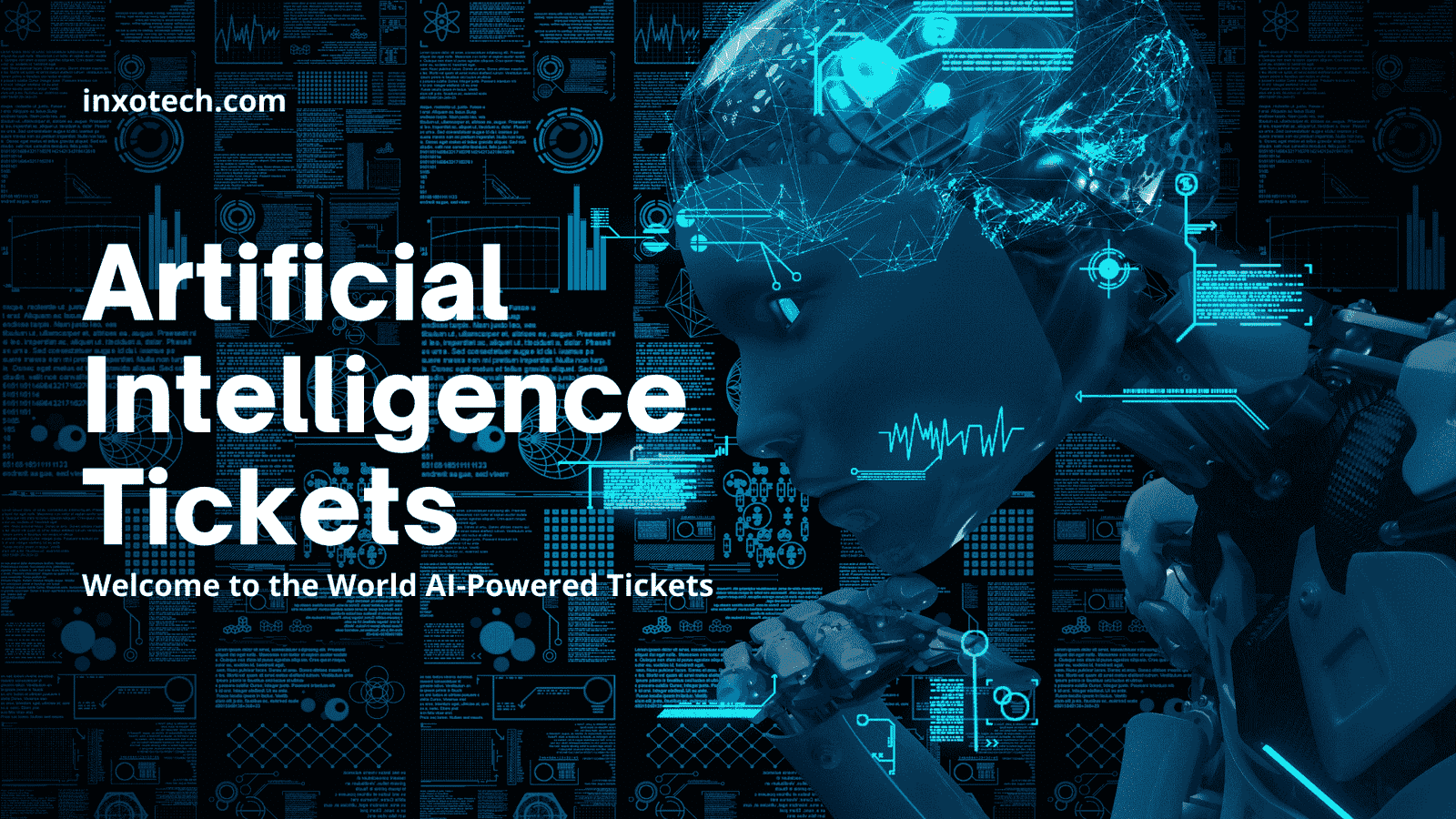Future of Artificial Intelligence | Trends and Predictions for 2025

The Future of Artificial Intelligence: Trends and Predictions for 2025
The world of artificial intelligence is developing rapidly, and its predictions and trending topics are especially important for the future of 2025. Artificial intelligence has started playing its role in every field, whether it’s commerce, industry, or science. In this article, we will discuss various aspects of the development of artificial intelligence that will create various commercial, artistic, and societal impacts.
In 2025, experts are predicting the most important developments in various fields of artificial intelligence. The development of self-driving cars, the application of artificial intelligence in healthcare, and the integration of AI into commercial projects will familiarize us extensively with this topic. These developments in artificial intelligence will bring significant changes not only in technical fields but also in our daily lives.
Future of Artificial Intelligence in Various Industries
Moreover, the future of Artificial Intelligence (AI) is very bright and promising. Additionally, this technology is developing rapidly in the world and is being used in various fields. Furthermore, AI has shown revolutionary changes in many fields, such as healthcare, education, manufacturing, finance, and marketing.
In the following discussion, we will explore the most important developments of artificial intelligence in the era of 2025 and how it will change our lives.

AI in Healthcare
Furthermore, the use of artificial intelligence in healthcare is both a traditional and futuristic topic. Additionally, artificial intelligence opens new avenues in the field of human health care by proving useful in the diagnosis, treatment, and prognosis of various diseases.
Moreover, the use of AI increases energy and speed in healthcare operations. In addition, artificial intelligence algorithms help analyze large volumes of data, identify diseases, and provide treatment planning.
AI in Education
Furthermore, the use of artificial intelligence in education is a new experiment that promises to improve the educational process. With the help of artificial intelligence, the learning process can be creative, specialized, and thematically organized. In addition, students’ learning needs and abilities can be better understood and their educational experience can be improved.
Moreover, the educational process can be improved with the help of artificial intelligence. It supports students in their self-discovery and important topics and makes their educational experience active, interesting, and effective.
AI in Manufacturing
Moreover, the world of artificial intelligence (AI) is gaining importance and dominance in industrial trade. Additionally, AI has transformed various industrial processes, reducing the need for human intervention and increasing speed and efficiency in business processes.
Furthermore, by using AI, various product operations can be optimized. It automates machines, improves maintenance and monitoring of machines, and provides highly rationalized layouts.
AI in Finance
The use of artificial intelligence is the foundation of a new transformation in finance, making the processes of banking, insurance, investment, and other financial institutions efficient and fast. Additionally, with the use of AI, financial institutions are using various techniques to improve their services.
Furthermore, through AI, financial institutions can excel in various processes, such as managing a lending frenzy, understanding customer activity, and helping with financial discipline.
AI in Marketing
Additionally, artificial intelligence allows for more efficient targeting and communication alignment. Moreover, optimization of marketing strategies is enhanced through the use of AI.
Furthermore, by leveraging artificial intelligence, marketers can gain a deeper insight into customer needs and tailor offers accordingly. In addition, artificial intelligence enables the concentration of marketing efforts on significant opportunities and streamlines communication through automation.
The Future of Artificial Intelligence: Challenges and Opportunities
While AI has the potential to revolutionize industries, it also presents challenges and opportunities. The following are some of the challenges and opportunities that AI presents:
Explainability and Transparency
Explainability and transparency of AI’s decision-making processes will be crucial in building trust and understanding of AI’s role.
It’s crucial to address the ethical implications of AI and the problems that may arise when technology falls into the wrong hands.
Acquiring AI Skills
To manage and influence the future of AI, acquiring AI skills is essential, and learning resources are available through various courses and platforms.
Embracing AI and acquiring the necessary skills to manage its impact will result in a better understanding of the technology, its potential benefits, and the problems to address for a safer, brighter future.
AI’s Impact on Various Industries

Impact the Healthcare
Impact: Offering personalized medicine, predicting diseases, and facilitating patient monitoring.
Positive Aspects: Improved diagnosis, accurate treatment, and efficient monitoring
Negative Aspects: Questions about privacy, ethical implications, and potential abuse of technology.
Impact the Education
Impact: Transforming the education industry, offering personalized learning, and facilitating adaptive learning.
Positive Aspects: Improved learning experience, efficient learning, and personalized learning.
Negative Aspects: Questions about the role of teachers, the future of traditional education, and the potential loss of jobs.
Impact the Manufacturing
Impact: Replacing many manual jobs, reducing labor costs, and improving productivity.
Positive Aspects: Improved efficiency, cost savings, and improved productivity.
Negative Aspects: Loss of jobs, potential exploitation, and potential loss of skills.
Impact the Finance
Impact: Providing real-time insights into market trends, allowing businesses to make informed decisions.
Positive Aspects: Improved decision-making, personalized financial services, and efficient financial services.
Negative Aspects: Questions about privacy, ethical implications, and potential abuse of technology.
Impact the Marketing
Impact: Providing accurate results and a safe location to invest funds.
Positive Aspects: Improved marketing, personalized marketing campaigns, and efficient marketing.
Negative Aspects: Questions about privacy, ethical implications, and potential abuse of technology.
Conclusion
The future of AI is bright, but responsible development and application are critical to ensuring a safe, effective, and beneficial impact on society. Embracing AI and acquiring the necessary skills to manage its impact will result in a better understanding of the technology, its potential benefits, and the problems to address for a safer, brighter future.



Can you be more specific about the content of your article? After reading it, I still have some doubts. Hope you can help me.